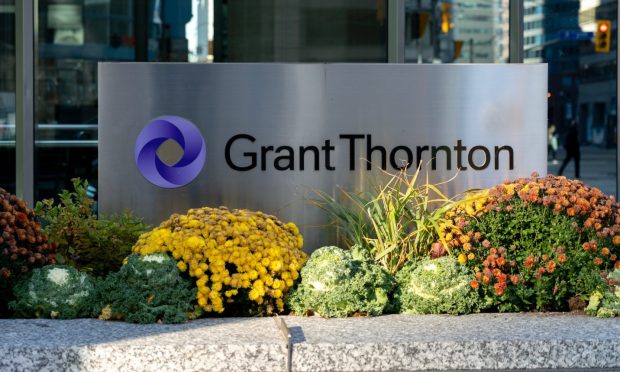Employee-owned firms in Scotland have fared better than other businesses during the pandemic, a new study has found.
Researchers from St Andrews University surveyed firms on behalf of industry leadership group Scotland for Employee Ownership (SfEO) and Co-operative Development Scotland (CDS) – the arm of Scottish enterprise agencies that supports company growth through employee ownership and co-operative business models.
Among other findings, it was discovered a significant focus on people, job security, health, equality and wellbeing has led to increased business turnover and improved staff retention for employee-owned firms at a time when other businesses have experienced the opposite.
Covid-19 has had a huge impact on the economy and this survey shows that a more collective approach to business can bring many benefits.”
Clare Alexander, head of Co=operative Development Scotland
More than half (53%) of employee-owned firms surveyed had achieved growth during the past year, boosting the economy, while more than nine in 10 ( 90.6%) had only minor or no issues with staff retention.
By contrast, CDS cited a research finding suggesting four-fifths (80%) of non employee-owned small and medium-sized enterprises have suffered declining revenue during the pandemic.
Nearly all (97%) of employee-owned firms surveyed for the latest study said job protection was an “extremely” or “very” important key organisational objective.
Firms cite workplace equality and employees’ mental health as key aims
Workplace equality, paying the Living Wage, employees’ mental health and the long-term sustainability of the business were also cited as key organisational aims.
Highland Home Carers (HHC) in Inverness, Scotland’s largest employee-owned business, has used its employee-owned status to support staff through the Covid-19 pandemic.
It has continued to award pay increases, as well as provide profit share schemes, enhanced sick pay and an employee assistance programme.
‘Unswervingly committed’
HHC managing director Campbell Mair said: “In the face of a global crisis we can all feel extremely proud of our organisation, our roles, and the work we do.
“Being unswervingly committed to our employee ownership, and valuing our workforce so highly, means we are delighted to demonstrate inclusive and sustainable growth, shared prosperity, and positive social impact by way of share distribution and profit share.”
Public Finance, Planning and Community Wealth Minister and SfEO chairman Tom Arthur MSP said: “I’m pleased to see this research, which clearly shows that employee-owned companies have fared better during the pandemic than their non-employee-owned counterparts.
“We need businesses that can nimbly adapt to change, while also contributing to a fairer, more inclusive society.
“Employee ownership, in my view, is a great way to help achieve our ambition of a resilient wellbeing economy.”
Clare Alexander, head of CDS, said: “Covid-19 has had a huge impact on the economy and this survey shows that a more collective approach to business can bring many benefits.
‘Important lessons’
“The findings indicate that resilience among employee-owned businesses is both financial and social, suggesting important lessons for building back a better and more inclusive economy.
“Through the pandemic, Scottish Enterprise, through the CDS service, supported over 20 firms towards a shared ownership model and that fits with our business plan to create a more inclusive, equal and fair Scottish economy.”
The survey took place between January and February 2021, and covered 133 employee-owned businesses and worker co-operatives throughout Scotland.
Scottish Enterprise guide to employee ownership











